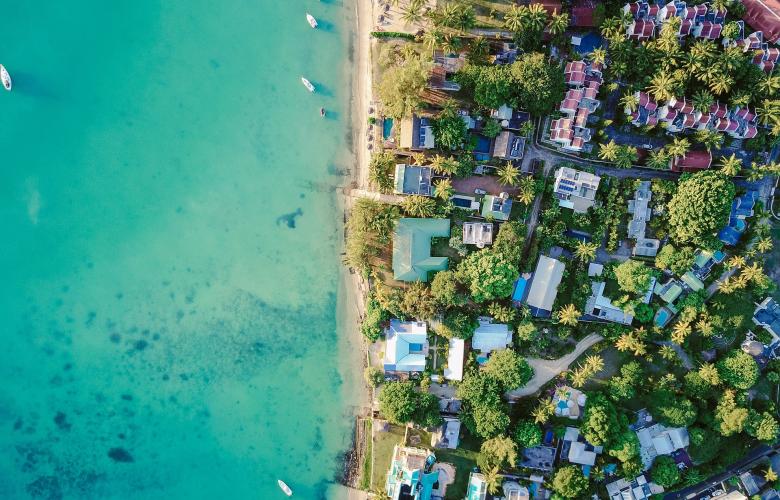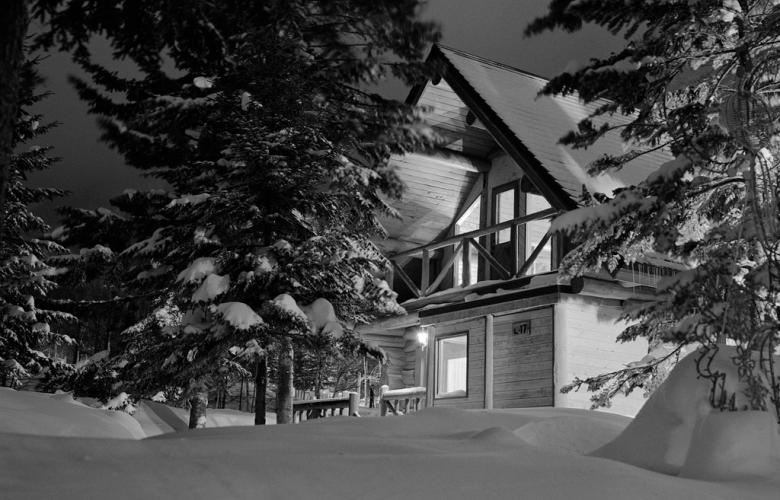The Greater Tokyo Metropolitan Area is home to almost 38 million people — near one-third of the country’s population. Tokyo’s tiny homes and narrow roads have become synonymous with urban life in Japan. At the same time, Japan is one of the world’s most affluent nations; ideal conditions for a culture of vacation homes to escape the city and enjoy one’s hard-earned wealth it would seem. Yet, holiday homes remain a less popular concept in Japan than in the West.
Why the Japanese aren't big on holiday homes
This is based on both cultural and societal customs that prevail in Japan. One of them might not come entirely as a surprise: Japanese annual leave is extremely limited with only 10 days demanded by law. Often times employees do not even take all of the leave days stipulated in their contract as it would be frowned upon to do so in more traditional companies.
As a result, there isn’t exactly ample time left that could be enjoyed in one’s beach house. Come the annual one-week vacation time, going overseas to locations like Hawaii, Paris or Italy remains popular, especially with the older generations. Thus, a holiday home would not receive much use.
While there are also public holidays like Obon in summer or the Japanese New Year in winter, it is common in Japanese society that these holidays are spent visiting parents or grandparents that live in one’s hometown in the countryside, thereby already providing a home away from home without having to invest in a property.
The vacation home market is much bigger in the West
Europe and North America have a flourishing market for holiday detached houses, apartment complexes, and time-share options. The vacation rental market in Europe is expected to grow by more than 8% between 2018 and 2022. Sixty-five percent of second home buyers are also looking for a good investment and rental returns, and buyers now prefer smaller units (44%) than 20-30 years ago, according to Savills.
Vacation homes were temporarily popular during the bubble era, but now turned sour
Japan presents a very different picture: The bessou (holiday home) market in Japan has imploded since real-estate bubble burst in the early 90s and the properties are negative assets now for most as legal restrictions also prevent owners from renting them out. Japanese ski resorts, especially those popular internationally, are some of the only areas where one can find designated vacation homes, ranging from chalets to apartment units in larger complexes or million-dollar villas.
Niseko and Hakuba, popular ski resorts, have a well-developed market for vacation homes. There, Japanese agents are versed in holiday homes and many are used to English-speaking clientele. Good deals can be found as many of the owners of vacation homes are now aging and not able to use their properties anymore. As these often incur monthly fees, some are keen to sell older properties for as low as a few thousand dollars to save the monthly expenses.
Buying a holiday home in Japan
While it is possible to find a home away from home in other parts of Japan, like the Japanese Alps in Honshu, Okinawa, or Shizuoka, these will not necessarily be homes built specifically for the purpose and little English support for interested foreign buyers exists in the Japanese countryside. It might be best to find a Tokyo-based real estate agent that is experienced in both assisting international buyers and dealing with holiday homes or to solicit the help of a Japanese representative if you want to find a property by yourself in the countryside.
And with the rise in
akiya, abandoned houses especially in the Japanese countryside,
their listings are another source for properties that can be turned into a second home.
Special points to consider for vacation homes in Japan
Also keep in mind that the industry that developed around holiday homes in the West — including maintenance and cleaning services or real estate agents that specialize in subletting while you are away, all with English service — does not exist here making it a difficult asset to manage.
Your holiday home, if purchased outside a resort that is popular internationally, will most likely be a normal home and therefore it might pay off to befriend your Japanese neighbors to ask them for help or keep your keys. The more rural the village, the more they would have an expectation that you will make efforts to introduce and integrate yourself into the community. While this can be seen as cumbersome by some, it is part of the experience of owning a home in the Japanese countryside and embracing it can extra value to your vacation home beyond just being a property purchased.
Further, as mentioned above, private individuals are prohibited by law from subletting their home for short-term rentals without an official registration, plus appreciation of the asset is unlikely at the moment.
By Mareike Dornhege
Similar to this:
Akiya banks: Real estate listings promoting sales of abandoned Japanese homes
Free houses in Japan: Where they are and how to get one
Japanese real estate investment trusts vs. properties: Where should you invest?






